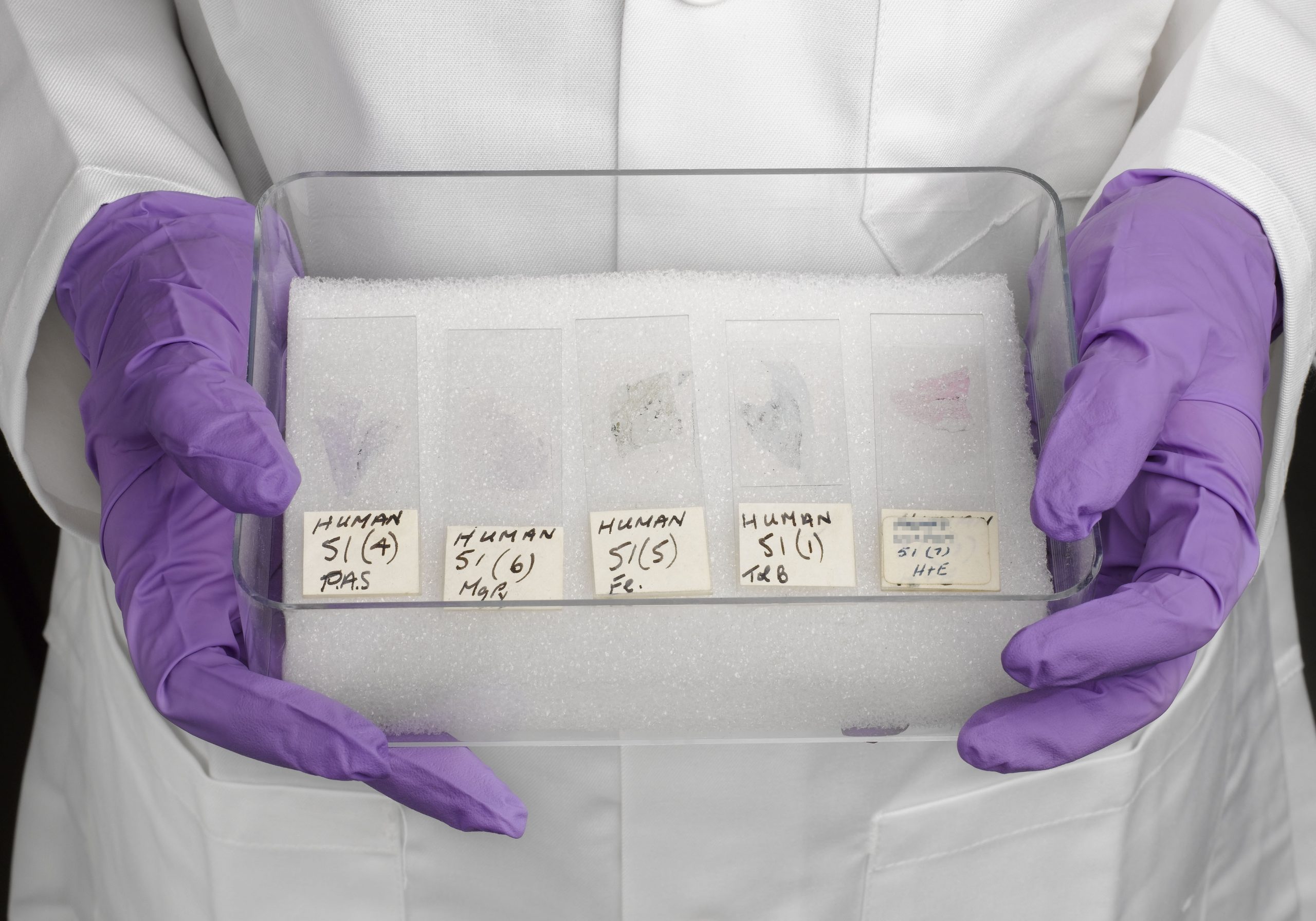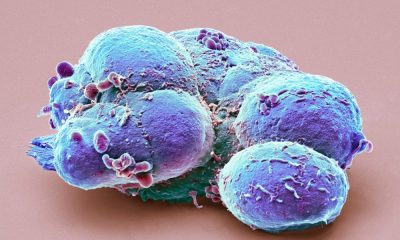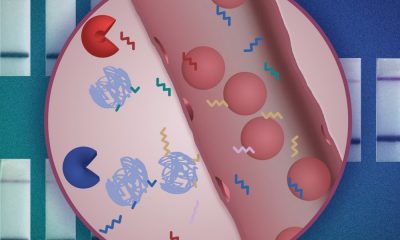Combining immunotherapy and a drug that stops a common lung cancer gene mutation shows great promise in early lung cancer detection.
This new combination therapy is courtesy of a team of scientists from the Francis Crick Institute in the U.K. They tracked the effects of combining immune checkpoint blockade with KRAS inhibitors in mice.
With their findings published in Science Advances, the team found that the treatment successfully controlled cancer in tumors with high numbers of active immune cells, so-called “immune hot” tumors. But the treatment was ineffective in cases where the immune system was not able to mount a strong response.
“In recent years, there has been a lot of attention on whether combining immune checkpoint blockade, a type of immunotherapy, with a KRAS-inhibitor could be effective. This inhibitor works by blocking a mutated version of KRAS, a gene that helps control cell growth and death. As the mutation is present in about one-third of lung cancer cases, it is a promising therapeutic target,” said Julian Downward, the study’s group leader and associate research director at Crick.
In 2021, the first KRAS inhibitor got approved for use in non-small-cell lung cancer cases with the KRAS mutation. There are also ongoing clinical trials exploring the effectiveness of combining this with immune checkpoint blockade.
However, most trials have been unsuccessful since they involved patients who have already been through immune checkpoint blockade and have not responded. Per the researchers, this may be due to their tumors not being “immune hot.” Thus, they’re calling for clinical trials to only include patients with “immune hot” tumors to significantly increase the chances of the potentially effective combination getting tested on people most likely to respond.
“KRAS inhibitors are very new so there’s still a lot to learn about when they are most effective and which other treatments they can safely be combined with to give patients the best chance of living longer,” Downward said.
Moving forward, the scientists will continue studying the role of this gene family in cancer, including looking for more ways to eliminate them alongside resistant cancer cells.
















